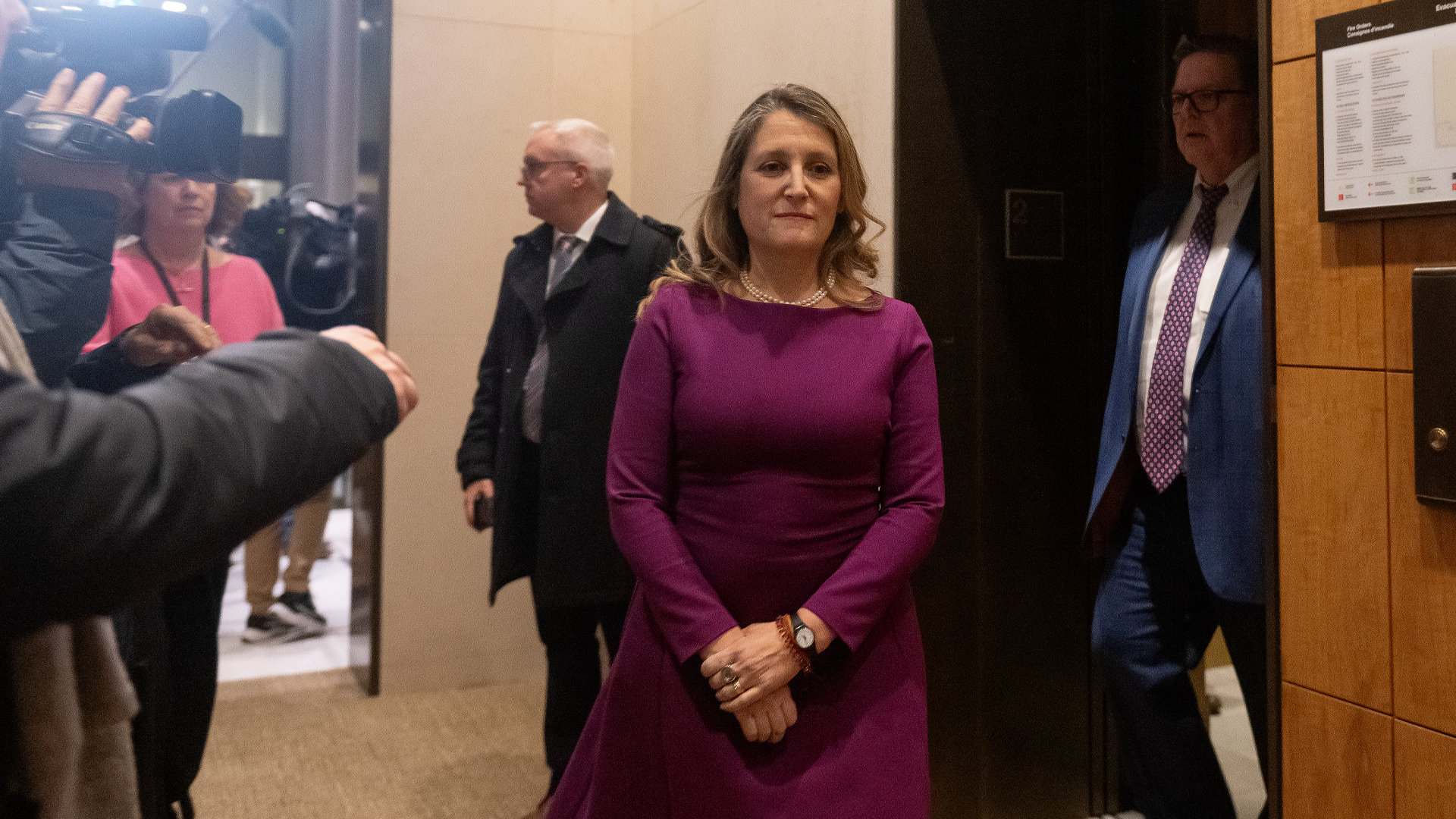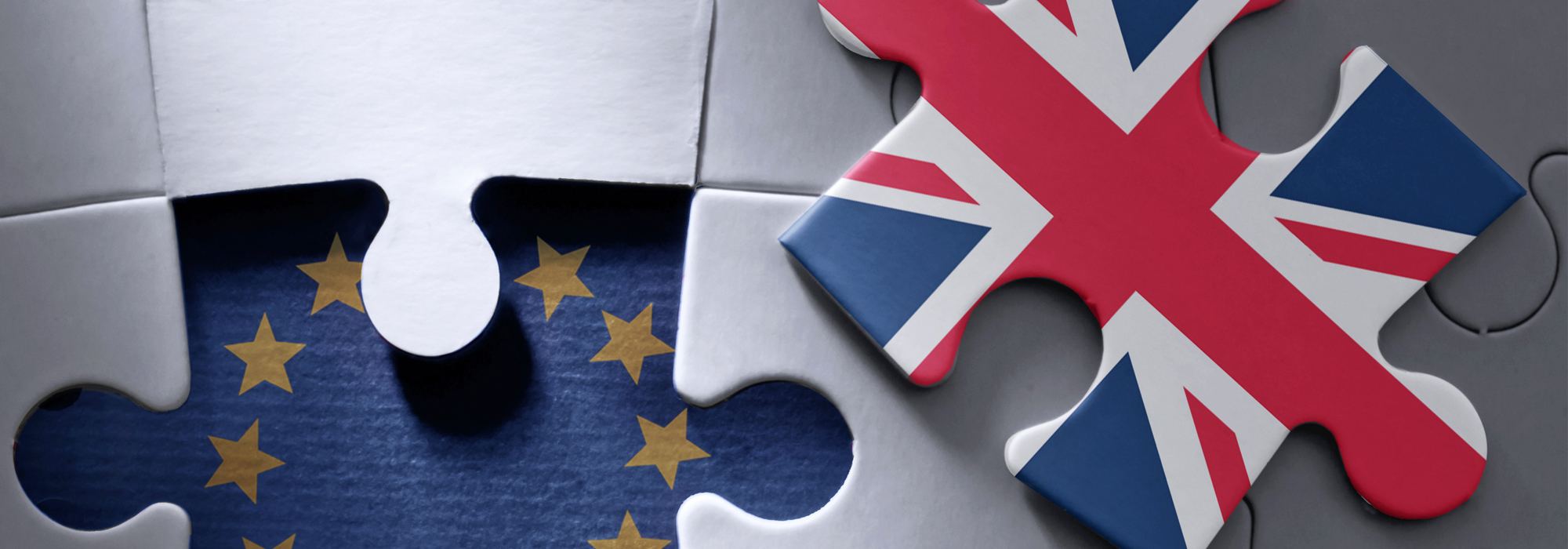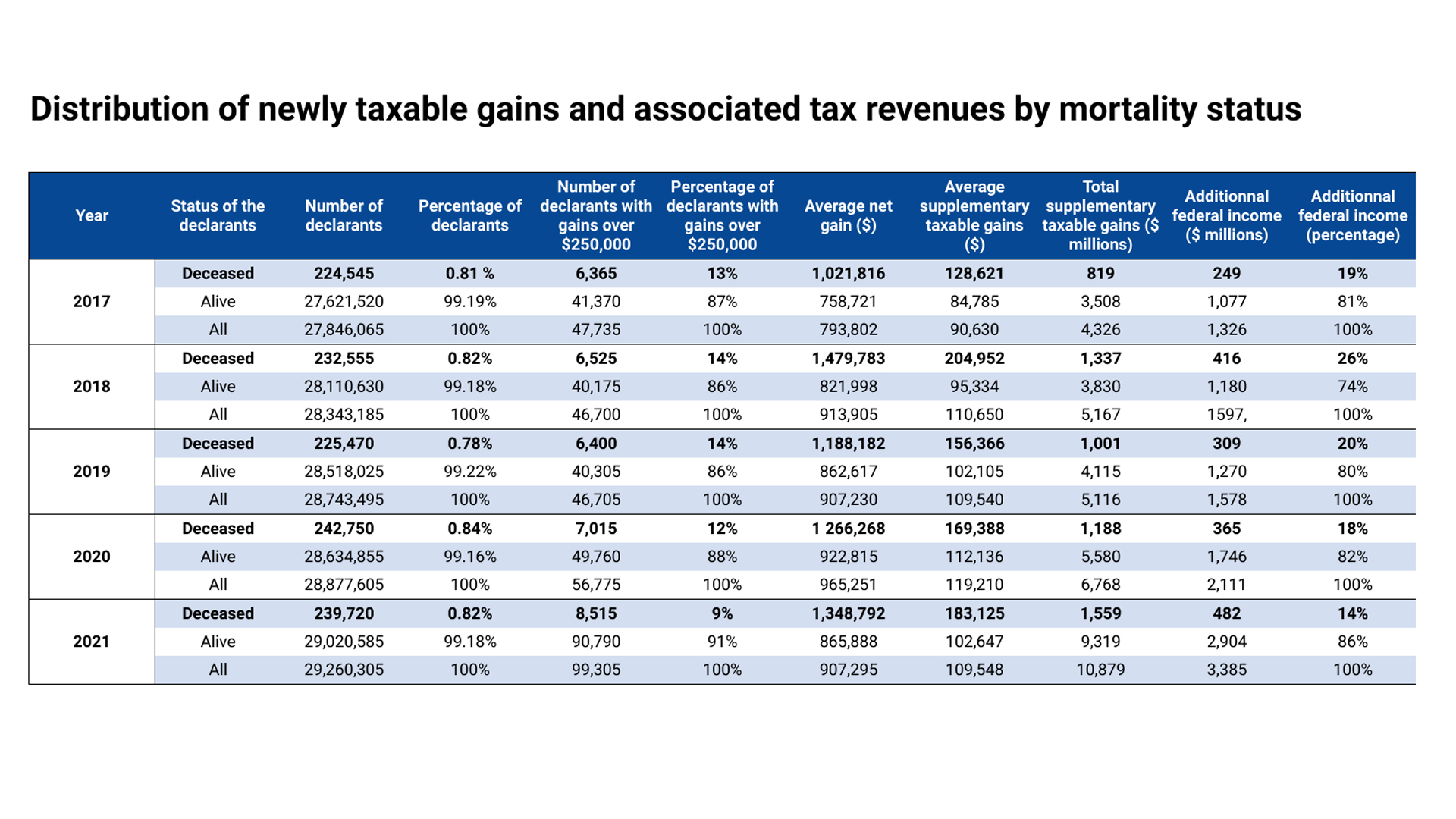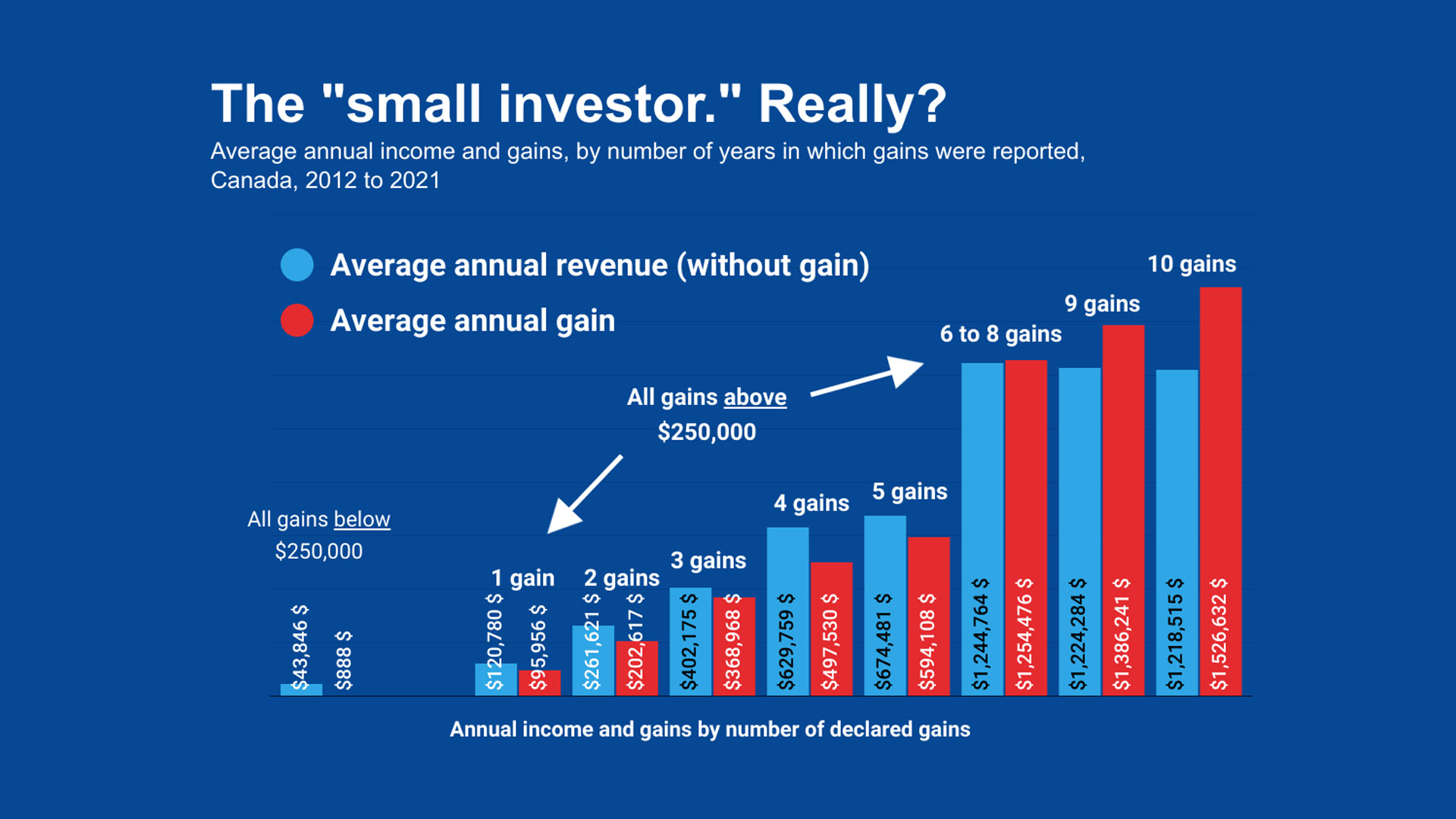
Oh, the irony.
A Brexit vote that was meant to repatriate democratic accountability back to British shores has instead thrown the very question of accountability up in the air. A clear majority of the British people backed leaving the European Union but no one, least of all the political leaders of the Brexit movement, has any idea what that means in practice or how they will achieve it.
The resulting uncertainty is harming the well-being of Britons. The markets are down, and the pound is plumbing depths it hasn’t seen in over a generation. Billions of dollars are being wiped off people’s pensions. Who from the Brexit camp can or will speak to calm frayed nerves?
The answer, it appears, is no one. The only peep from leading Brexiteers since Friday morning’s seismic shock was Boris Johnson’s regular column in Monday’s Daily Telegraph, which had the feel of an ostrich seeking to plug its head back into European sands.
The vacuum at the top of British politics is now complete. Prime Minister David Cameron has resigned, and Opposition Leader Jeremy Corbyn is under siege from his own Labour Party following a tsunami of resignations from his shadow cabinet. Britain is facing the most complicated act of governance in its modern history — extracting itself from the European Union — and no one has a plan.
No matter who takes control, it’s hard to see how the current composition of the House of Commons can produce a government lined up with the will of the people on the question of the hour.
As a whole, the British Parliament is massively majority pro-“remain.” Conservative MPs, it bears reminding us, are also majority pro-remain, although they are likely to soon be led by a Brexiteer. The parliamentary Labour Party, too, is pro-remain, as is Corbyn, albeit with fingers crossed behind his back. That reticence is precisely why Labour MPs are so cross with Corbyn and his office and several are resigning. This, however, puts them massively offside with the majority of Labour’s membership, who are simultaneously pro-Corbyn and pro-“leave.”
So far, so complicated.
The only pro-remain party to represent an unquestionably pro-remain constituency in Westminster is the Scottish National Party, whose raison d’être, of course, is to break up the United Kingdom, something Brexit has now kicked into higher gear. The Liberal Democrats are also unequivocal on Europe, but their rump — a mere eight MPs — no longer generates movement in Parliament.
Meanwhile, the only pro-leave leader who represents a resolutely pro-leave constituency is Nigel Farage of the United Kingdom Independence Party (UKIP), and he doesn’t have a seat in Parliament. Indeed, the only UKIP MP who does have a say in Westminster, Douglas Carswell, hates Farage’s guts.
Nor is Farage certain to be offered a place in the Brexit negotiation team. Although the official leave campaign ended up aping his odious anti-immigration arguments in the final weeks of the campaign, the man himself remains persona non grata in the respectable salons of pro-leave opinion.
Returning to the question: Who, then, speaks for the 52 percent who backed breaking up with the European Union? And what do they want?
If you believe the winning Vote Leave campaign (which didn’t include Farage), it won because people wanted to “take back control” from an overbearing EU bureaucracy. Its vision is resolutely pro-trade and pro-economic-freedom. The Farage camp, however, claims it was a desire to crack down on immigration that won the day. These aren’t mutually exclusive interpretations, but the emphasis is clearly being placed on two very different ideas of “control.”
A lot of the blame for poor economic outcomes in pro-leave regions falls on the kind of pro-market, pro-trade policies that Vote Leave now wants to pursue with even greater vigour. Globalization is the enemy here, and a newly independent Britain would have to be even more competitive and globalized to keep investment flowing. What would the Farage crowd — which includes populist conservative and ex-Labour working-class support — say to this kind of a program?
We might be about to find out.
The more Westminster descends into farce, the more it becomes clear that whatever governing formation emerges will need a mandate to extract Britain from Europe. Just how effectively the split Conservative and Labour parties could campaign in the resulting election is an open question. So, too, is the level of support a motivated UKIP could claim. The result could be even more political instability.
In the meantime, the markets and Britain’s allies will be left with no clear signals to plan the new world order and might go on to plan it without British input, a result that couldn’t be less accountable or more out of control.
Photo: Pixelbliss / Shutterstock.com
Do you have something to say about the article you just read? Be part of the Policy Options discussion, and send in your own submission. Here is a link on how to do it. | Souhaitez-vous réagir à cet article ? Joignez-vous aux débats d’Options politiques et soumettez-nous votre texte en suivant ces directives.







